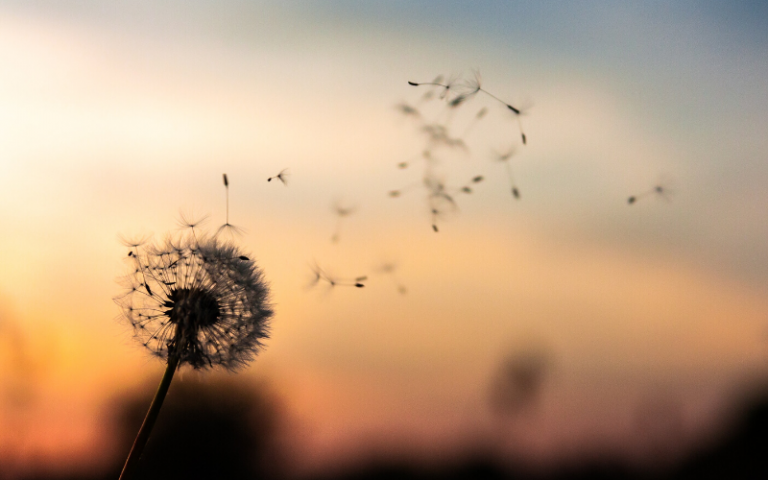Self-care week
15 November 2021
15-21 November marks self-care week, a week dedicated to taking time out to look after your own wellbeing. Student Support and Wellbeing have arranged a variety of activities to encourage you to step back and focus on your mental and physical health. Read on to find out more.

Self-care and its origins
The words ‘self-care’ might bring to mind running a hot bath, putting on a face mask and lighting a scented candle. For some of you, this may be the perfect way to take care of yourself, whereas others might think it’s not their cup of tea. Over the past decade, the wellness industry has blown up, with monetised phrases all over social media like ‘treat yourself’ and ‘live your best life’, telling us that the way to look after ourselves is to indulge in luxurious products and activities. For this reason, you may think that self-care is some sort of marketing ploy, but UCL Student Support and Wellbeing are here to remind you of the importance of looking after yourself.
So when did this idea come about? The term self-care originated in the medical sphere and was essential for people whose bodies had been long marginalised by a medical establishment. In the 1960s the Black Panther Party put health activism at the centre of their politics, with an emphasis on taking mental and physical wellbeing into one’s own hands and at a time when exclusion was rife, this involved researching how to find a doctor in certain areas. Self-care was essential, it was about prioritising your wellness - in an environment where others wouldn’t.
Implementing self-care
Although you could say this term has been transformed and even appropriated by the wellness industry, the general understanding of self-care in the 21st century is an activity or habit carried out with the focus on your own physical, mental or spiritual wellbeing.
University life can be tough at times and with deadlines looming, it can be easy to forget to prioritise your wellbeing, but practicing self-care is especially important during these periods. Self-care should be preventative rather than reactive; meaning the goal is to prevent your body from reaching its limit. Self-care doesn’t have to be extravagant, it can be simple activities like starting your day by going for a walk, eating a balanced and nutritious diet, exercising or avoiding heavy alcohol consumption. Integrating activities and habits such as these into your daily and weekly routines can help to keep your physical and mental wellbeing in check.
Not sure what self-care methods to implement in your life? That’s okay, we’ve got you covered! The Wellness Recovery Action Plan provides you with the tools to discover what type of self-care works for you, and how to identify triggers that throw you off track. Maggy Van Eijk, author of Remember This When You’re Sad, also suggests making a note of what works for yourself at a given moment, so you can go back and refer to it at a later date. Not only may your self-care practices be different to those of your peers, they may also change depending on the day or situation you find yourself in.
Activities on and off campus
This week, we’ve organised some self-care activities that will hopefully help you take a step back and disconnect from the chaos of university life.
Monday 15 November, 1-3pm
Join our much-loved therapy dogs for a snuggle and take a moment to yourself away from your laptop and lectures. Join us in the Japanese Garden.
Tuesday 16 November, 10-11.30am
Fancy something a bit more creative? Join a knitting class for beginners with the Institute of Making. Sign up to learn how to cast on and purl whilst reducing anxiety and low mood!
Thursday 18 November, 1-2pm
ICAS will be running an online workshop exploring balancing social life, studies, drinking and mental health to boost your overall wellbeing in recognition of Alcohol Awareness Week. This is open to all students and you can sign up here.
Helping you to help yourself
Remember, self-care can mean recognising and knowing that you can seek out and accept help when you need it. Student Support and Wellbeing are here to give you the tools to help you, help yourself. Learn more about speaking with our team of advisers here.
 Close
Close

